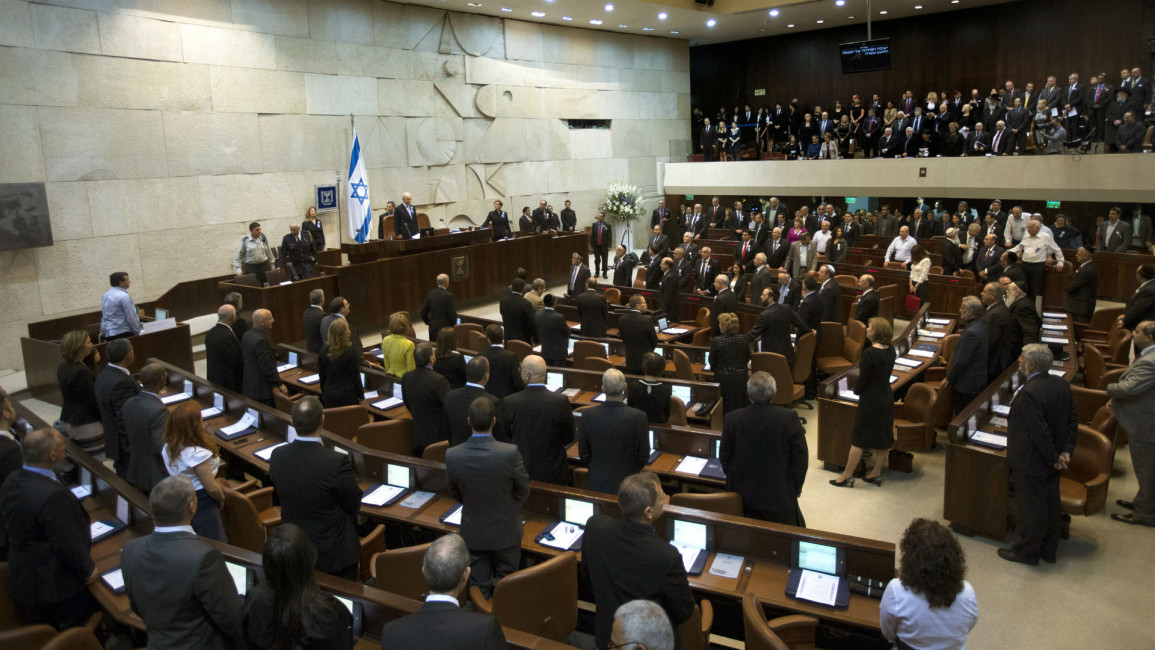Israel delays votes on call to prayer, settler homes
The votes were put off until Monday following a decision by government ministers, a parliament spokesman told AFP.
Deputies were to take a preliminary vote on a bill to prevent the use of loudspeakers for late night and early morning calls to prayer at mosques, a proposal that has angered many Muslims.
A first reading of a bill to legalise some 4,000 settler homes in the occupied West Bank was also planned, but both were delayed.
Israeli media reported that the votes were put off because a majority could not be assured. Discussions were continuing on both measures.
The noise bill would prohibit the use of loudspeakers between 11:00 pm and 7:00 am. It would officially apply to all religions, but it is widely seen as targeting calls to prayer at mosques.
The bill's backers say it is needed because the loudspeakers are a nuisance and can also be used to broadcast inciting messages.
Government watchdog groups say the measure is an unnecessary provocation that threatens freedom of religion. Israeli President Reuven Rivlin is among those against the bill.
The settlement bill has tested Prime Minister Binyamin Netanyahu's coalition, widely seen as the most right-wing in the country's history.
Netanyahu does not want the bill to pass, warning that it could violate international law and result in repercussions at the International Criminal Court.
Many nations, including the United States, have also strongly criticised the bill and Netanyahu is concerned over an international backlash.
But he is also faced with holding together his coalition and not being seen as acting against the powerful settler movement.
The international community considers all Israeli settlements in Israeli-annexed east Jerusalem and the occupied West Bank to be illegal, whether they are authorised by the government or not.
The Israeli government differentiates between those it has approved and those it has not.



![A pro-Palestinian encampment at Columbia persists, despite recent arrests. [Brooke Anderson/The New Arab]](/sites/default/files/styles/image_330x185/public/2024-04/417084c8-3251-4705-8422-058fca1d5709.jpg?h=ddb1ad0c&itok=T2cXVfXy)